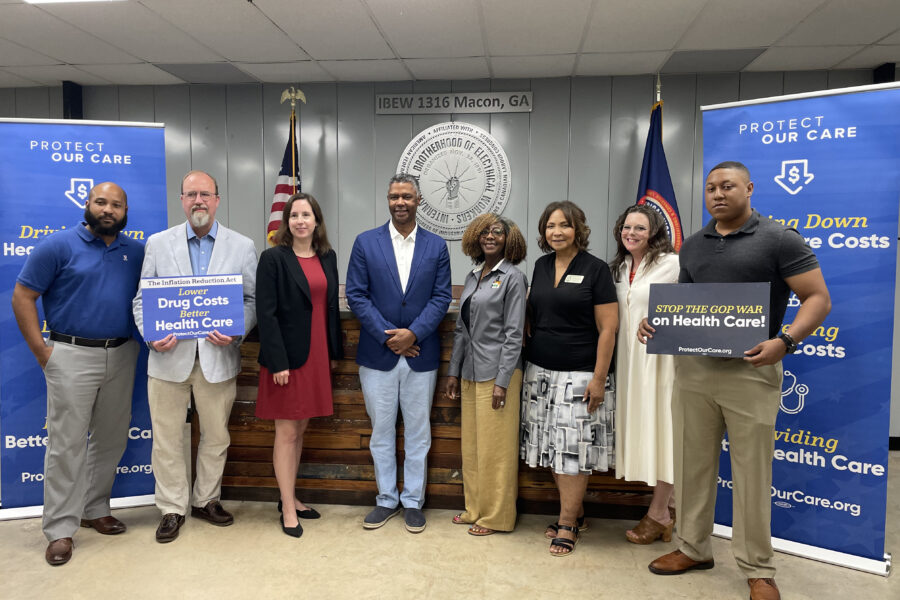Black Maternal Health Week: Biden-Harris Administration Fights to Save Lives While Republicans Upend Women’s Health Care

Washington, D.C. — Today marks the first day of Black Maternal Health Week, a critical…
ashoupApril 11, 2024






